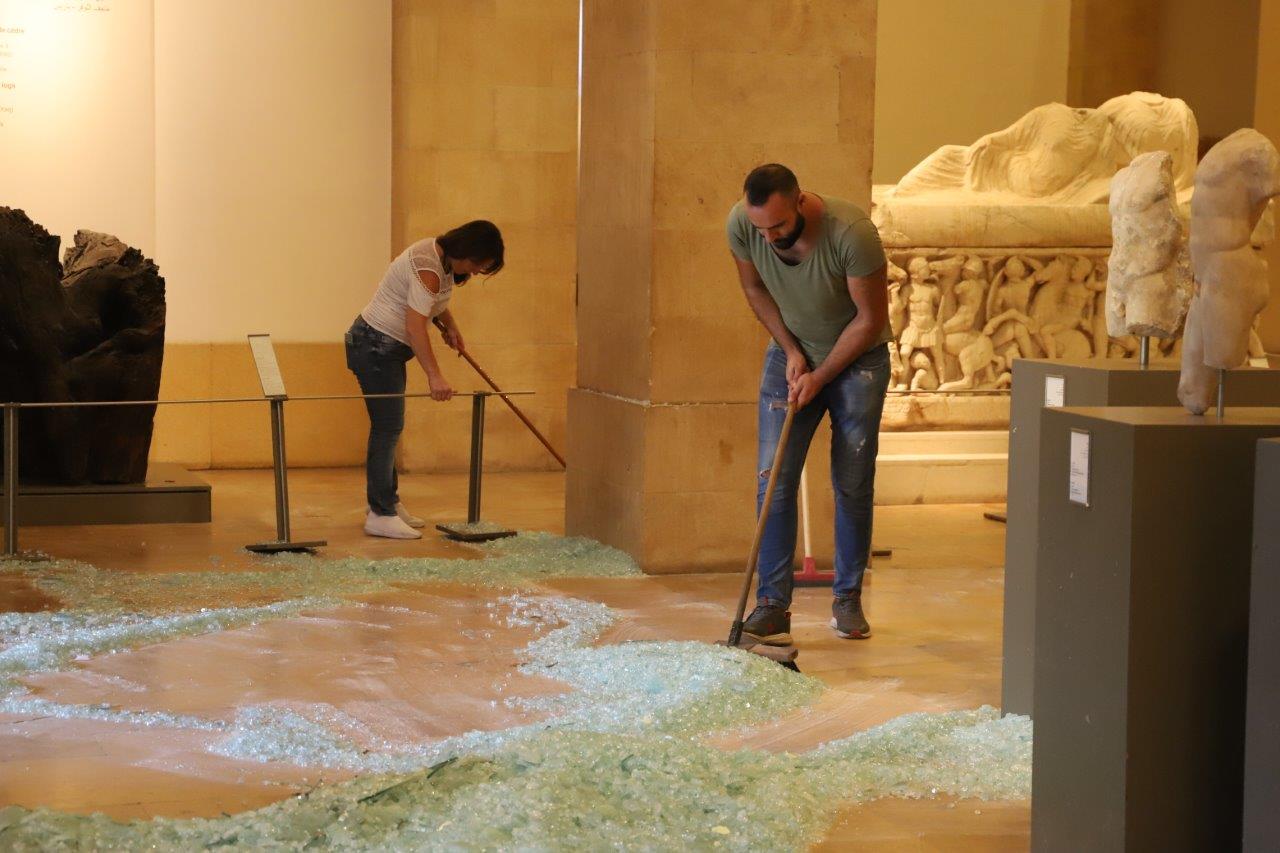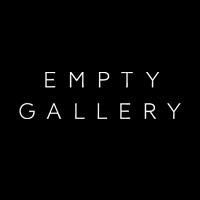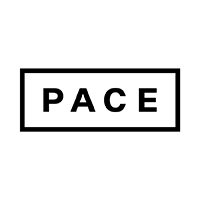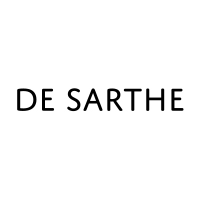Art Community Strives to Repair Damage in Beirut
By Ariana Heffner

The National Museum of Beirut, badly damaged during the port explosion, begun restoration work on August 31. Image via Twitter.
Nearly a month since the devastating port explosion in the Lebanon capital, international organizations along with the Beirut art community have been collectively working to repair damage to the city's cultural sites and organizations.
On August 31, the National Museum of Beirut, which is three kilometers away from the port and yet was still left in shambles by blast, began reparation work in collaboration with the country's Directorate General of Antiquities of Lebanon, and Paris's Musée du Louvre, according to The Art Newspaper. Staff from the French Museum's Department of Near Eastern Antiquities and Department of Architectural Heritage and Gardens are on site in Beirut to help repair the institution's broken windows and doors as well as its damaged security system, with a priority on securing the museum's collection that spans several millenia.
Beirut's influential contemporary cultural institutions have also released details of their repair efforts. The Arab Image Foundation (AIF) has been cleaning the premise of debris while staff members have retrieved archival boxes to reassess their states. One injured staff member is also recovering, according to AIF's statement. The Foundation also welcomed its new director on September 1, Heba Hage-Feld, who will help with the recovery of collections and workspace. AIF is currently seeking donations via its website for both monetary support and materials to aid in the recovery process.
The Sursock Museum, located just 800 meters away from the August 4 explosion sustained heavy damage, including the total destruction of its iconic colorful stained glass windows, which had been fully restored over the course of 20 years by the glass artisan Maya Husseini. The museum is also asking for donations via its site for restoration and reconstruction; most sections of the building were badly damaged, with more than 20 of the 130 works of art on display destroyed.
Galleries have similarly shared updates on their recovery. Marfa' gallery, in its newsletter published on September 1, spoke of its determination to carry on. It plans to host virtual programs and exhibitions in the coming weeks. In the Karantina neighborhood, Sfeir-Semler Gallery, which lost its windows and sustained interior damage to its Beirut space, posted to Facebook also on September 1 that it hopes to "reopen as soon as possible." Its Hamburg location is staging an exhibition featuring Lebanese artists Walid Raad, Etel Adnan, and Rayyane Tabet in solidarity with the expressions of anger and sadness of many Lebanese people. Titled "A sun yellow with anger," the show opens tomorrow. Meanwhile, Galerie Tanit whose exhibition of Abed Al-Kadiri's works were destroyed in the blast has launched a new project by the artist, "Today, I would like to be a tree," dedicated to the late architect Jean-Marc Bonfils who was killed in the explosion. The artist is working on murals in the gallery, which has been reduced to an open space.
Organizations are doing what they can with the resources available to them. Nonprofit Ashkal Alwan announced on August 25 via social media that it has opened its Jisr El-Wati warehouse space for artists in need of studio space. Earlier, the Arab Fund for Arts and Culture (AFAC) and Culture Resource (Al-Mawred Al-Thaqafy) jointly established the Lebanon Solidarity Fund on August 11, in support of artists who have lost their homes or equipment, as well as manage donations and reconstruction projects in the city.
Efforts at rebuilding will continue in the weeks and months ahead. However, with authorities claiming that Covid-19 cases have increased by 180 percent while a potential lockdown looms, more challenges lie ahead for Beirut.
Ariana Heffner is an editorial intern at ArtAsiaPacific.






